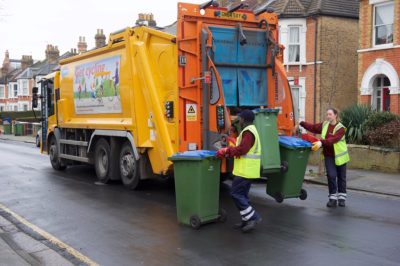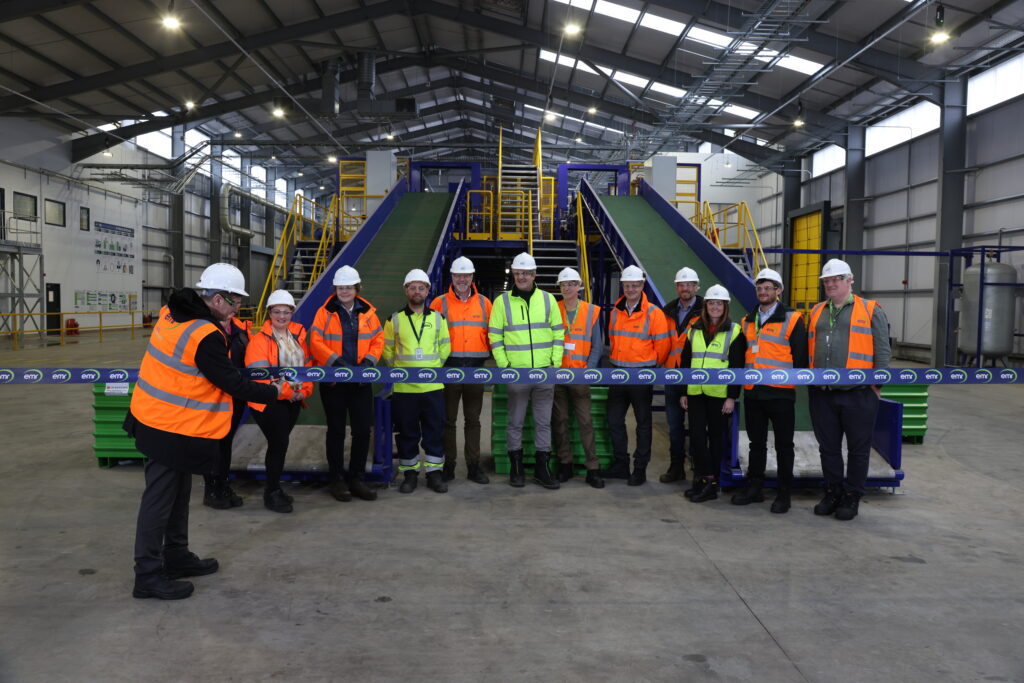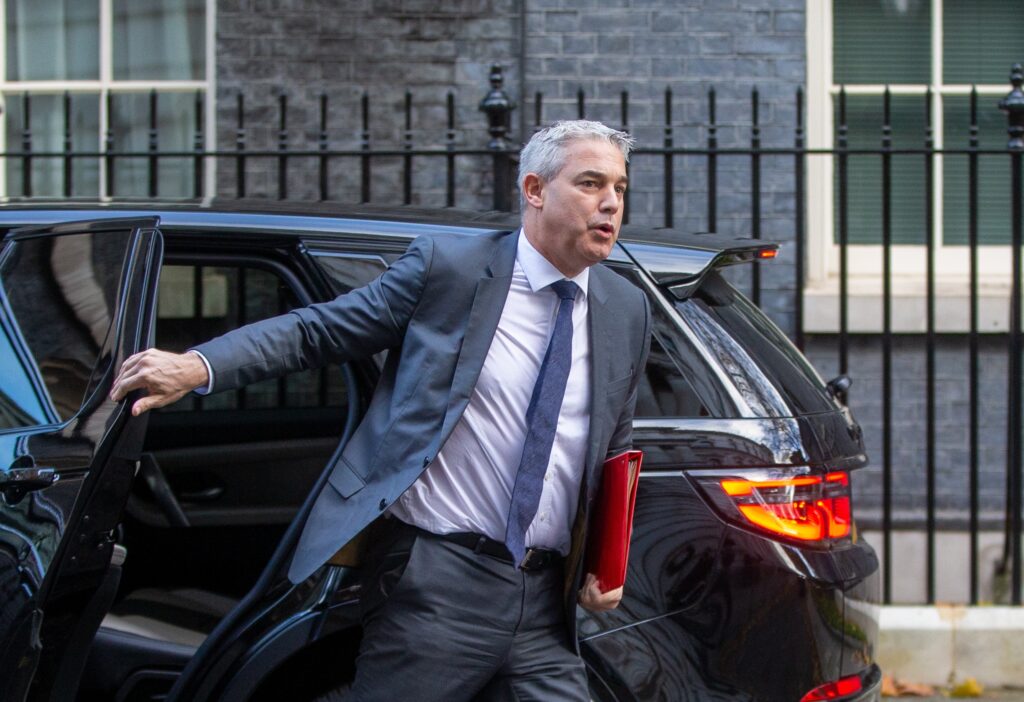The open letter, sent yesterday (20 July), was also signed by Grant Shapps, the transport secretary, and Thérèse Coffey, the secretary of state for Work and Pensions.

The letter stated that while the issue is for industry to lead on, the government is “here to help”.
It said the government will be looking at regulatory changes to help ensure more qualified drivers are available.
This includes working with the Driver and Vehicle Standards Agency (DVSA) to develop measures to maximise testing capacity for new drivers.
It also says job seekers will be encouraged to apply for roles where appropriate, while funding schemes are to be reviewed.
Today, @theresecoffey @DWP, George Eustice @DefraGovUK and I have written an open letter to the road haulage industry setting out a package of measures to help it tackle the HGV driver shortage.
This Gov is listening & doing what we can to support during this challenging time. pic.twitter.com/fiJ8xzy5cM
— Rt Hon Grant Shapps MP (@grantshapps) July 20, 2021
Testing
In the letter, the ministers pointed out that throughput at the DVSA has already increased in the last year from 1,150 successful passes per week to 1,500 through allocating additional staff to testing, with “additional measures” being introduced to increase this to 2,000.

The letter adds that the Department for Transport will therefore consult about the delegation of the off-the-road manoeuvres as part of the testing regime for HGV drivers, which would increase testing capacity.
The Department for Transport will also consult about making the qualification process smoother, to speed up the recruitment process.
The letter says: “These are practical improvements which we think could speed up recruitment and we are seeking your views on them with a view to regulatory changes as early as possible this year. They would provide a more efficient testing process longer term and are examples of changes we could make with the increased sovereignty over our decision-making that Brexit has provided.”
Costs
The letter goes on to say that the costs of training can be a barrier both to new entrants and business.
As a result, the letter says the government is reviewing the proposals for financial support made by industry sources to boost the supply of drivers.
It reads: “We are already supporting lorry driving training in the context of apprenticeships. This includes the revised Large Goods Vehicle Driver apprenticeship standard, which will be available from 2 August. This new version will be supported by an increased funding band of £7,000, and further support on offer includes the Department for Education’s current incentive payment to employers of £3,000 for every apprentice, of all ages, hired as a new employee from 1 April 2021 to 30 September 2021.”
DWP
The Department for Work and Transport is supporting returning to driving and helping jobseekers become HGV drivers where appropriate, the letter says.

It adds increased communications to work coaches and to jobseekers are in progress.
“Large numbers of EU nationals have settled status or pre-settled status in the UK and continue to be an important part of the lorry driving workforce. But for the future workforce we will need to develop people resident in the UK as opposed to specifically providing visas for this group of workers.”
In the short term, the letter says the government has relaxed drivers’ hours rules given the current urgent situation. “This will provide haulage operators with increased flexibility to manage deliveries and alleviate some the pressures being experienced,” the letter adds.
Government is also considering keeping these changes in the longer-term.
“It is going to be critical for the medium term that business practices change recognising the end of free movement”
The letter concludes: “We know businesses are under severe pressure at the moment and adapting business models. It is going to be critical for the medium term that business practices change recognising the end of free movement, the need for more diversity on the workforce, how drivers are trained and pay and conditions for drivers. Market mechanisms will be the predominant way in which this shortage is resolved.”
Waste pressures
The letter comes as councils and waste management companies across the country have reported service delivery issues as a result of staff shortages.

Derbyshire Dales district council warned last week that the staffing shortage it faces is “as acute” as it was in the early days of the pandemic when it was forced to stop some collections to focus on residual waste (see letsrecycle.com story).
Other councils such as Bristol, Coventry, Doncaster, Dorset, Liverpool and Reading have all reported issues.
And, the sector is facing staffing competition issues as more vacancies appear in other potentially more attractive sectors (see letsrecycle.com story).












Subscribe for free